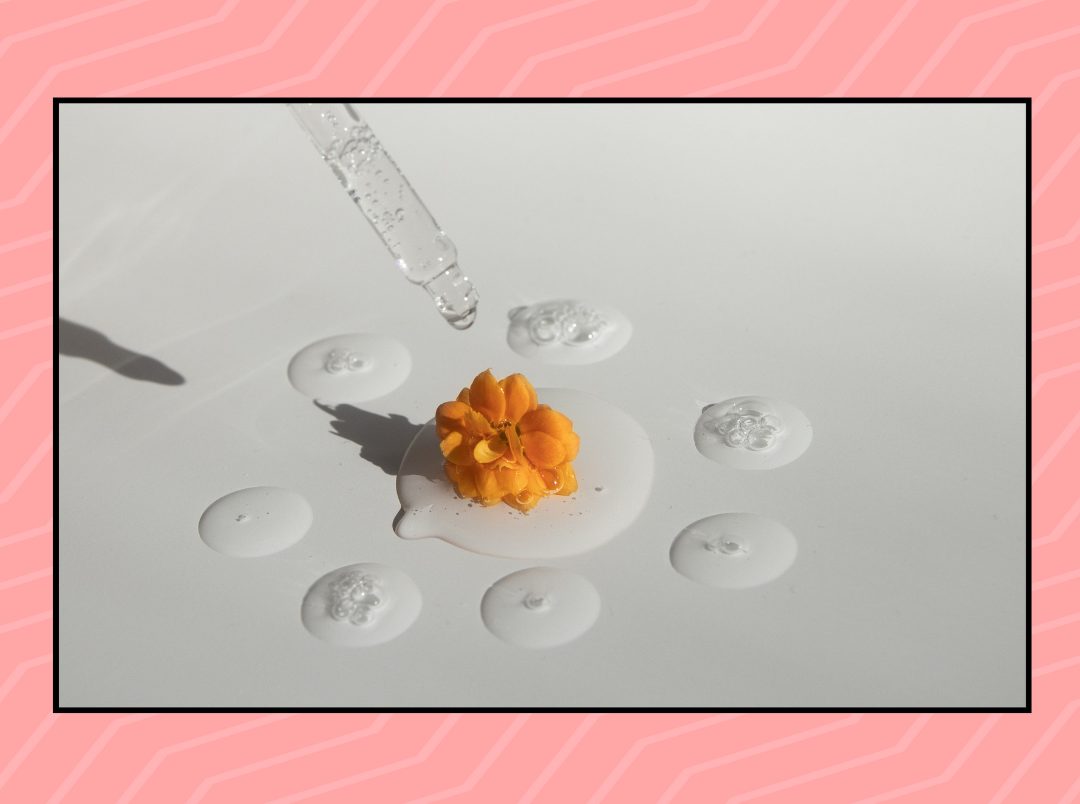Lipstick was once a girl’s best friend. Today, however, the spot is reserved for retinol, skincare’s answer to Superwoman. When it comes to defense against fine lines, stimulating collagen production, and maintaining a healthy glow, there’s no ingredient in skincare more lauded. So if your skincare routine doesn’t include a retinol product, your skin is seriously missing out. They are like the gold standard in anti-aging skincare.
Once you start looking into adding retinol into your skincare routine, however, things can start to get confusing. Some people throw around the words “retinol” and “retinal” like they’re interchangeable, but these are not the same. The two have led to more head-scratching than Kylie Jenner’s actual next worth, and that is understandable. Think of them as cousins, not clones – they are related but different. So how are you supposed to know the difference between retinol and retinal, and how do you know which one is right for you? Keep scrolling for your download on the two superstar ingredients.
What Is Retinal?

Retinol’s got a cool new sister named retinal, and the hype you might have been hearing about the anti-aging powerhouse is totally legit. Available over the counter, retinal (retinaldehyde) is notable more efficient than traditional retinol, which means it can potentially help you reach your skin goals faster. Curious to know more? We’re answering all your burning questions about retinol below.
The Retinoid Fam: A Quick Recap
To understand what retinol is, you should first know that there are three topical applications of the retinoid family: retinol, retinal, and retinoic acid. Each helps with acne, wrinkles, hyperpigmentation, sun spots, and skin texture, but retinoid acid is the most potent of them all and is available only by prescription.
At its core, retinoic acid is a vitamin A derivative. In form of retinoic acid, retinoids are key to smoother skin. They lead to increased cell turnover, speed up the elimination of sebum from the skin, loosen the connection between cells, and prevent Keratosis. It also inhibits the degradation of collagen while stimulating collagen production, Before application, retinoic acid has already undergone a chemical process that makes it more potent and bioavailable. However, when you apply retinal or retinol, that chemical conversion occurs on the skin, which makes it less predictable and not as strong.
Retinol Vs Retinal: What’s The Difference?
The difference between retinal and retinol is the speed at which they become retinoic acid, and thus become effective. Retinol (vitamin A) converts to retinal, and retinal converts to retinoic acid, which is the key ingredient that works its anti-aging magic. Retinal gets converted in our skin to retinoic acid at a much faster rate – 11 times as fast as it requires only one step to be converted into retinoic acid. So basically, your girl retinal is way more efficient than her sis retinol.
How To Choose The Best Retinoid Based On Your Skin Type?
A lot of people find retinoic acid to be too intense for them. For that reason, they stick to over-the-counter retinol instead. However, retinal offers a middle ground between the two that delivers better results but isn’t quite as irritating as the prescription option. In that sense, retinal is sort of a goldilocks ‘just right’ option. However, theoretically, there is evidence that retinal could lead to more irritation due to a faster rate of conversion to retinoic acid as compared to retinol. You can go for retinol if your goal is to combat signs of aging and your skin has tolerated retinol well.
Likewise, it’s also worthwhile to try retinal if retinoic acid has been too aggressive and you want to try something less potent and still highly effective. If retinal proves too much, as well, then switch to retinol instead. For folks with sensitive skin, both retinol and retinol might prove to be too aggressive. That doesn’t mean that they should rule out retinol and retinal completely. Instead, they could start using it less frequently at first. You can also try a retinol alternative, like bakuchiol which offers anti-aging benefits in a gentler package.
You glow girl!
Featured Image: Pexels





